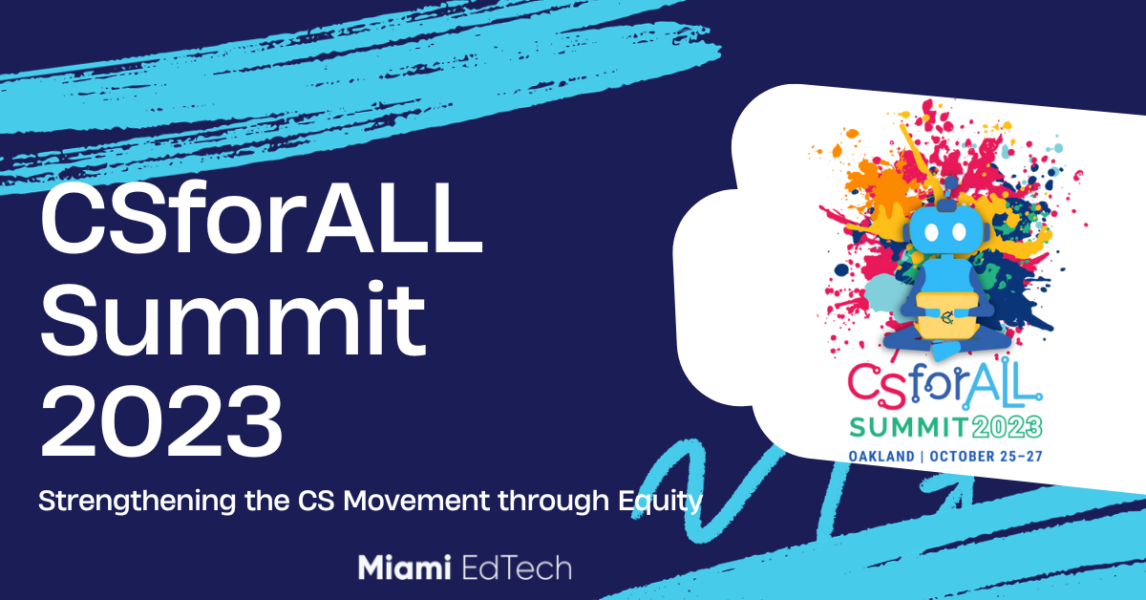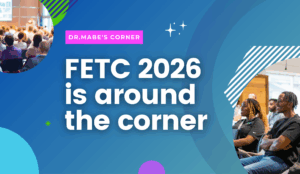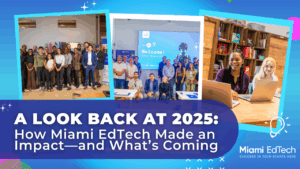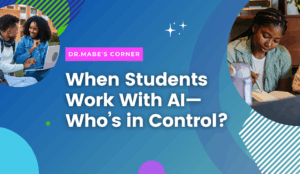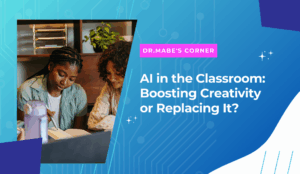Last week I had the opportunity to attend the 2023 CSforAll Summit! An incredible 3 days filled with incredible conversations, thought-provoking fireside chats and powerful unity! We’re fortunate to have been selected as part of the Accelerator cohort and I was looking forward to meeting people in person that I had only seen online. A special kudos to the CSforALL team and Kapor Center for putting together such an amazing event!
We kicked off the Summit with a distinguished commencement at the Chabot Space and Science Center, graced by the presence of Mayor Thao and the esteemed Joanne da Luz, a Senior Product Manager at Amazon Future Engineers. The evening ended in a celestial experience, as we gazed upon the night sky! Such a beautiful sighting!

It was amazing seeing every stakeholder brought together, your educators, policymakers, industry leaders, and innovators discussing and shaping the future of CS Education. This event shed light on new trends, innovative approaches, funding opportunities and key takeaways that will drive the evolution of computer science education. With that here are my four takeaways from the experience:
1. Broadening Participation in Computer Science
The summit highlighted the significance of broadening participation in computer science. To achieve this, it’s essential to reach students at an early age and provide them with opportunities to explore and engage with technology. This includes efforts to encourage more girls, underrepresented minorities, and students with disabilities to pursue computer science education and careers AND providing the necessary tools and resources to do so! Which is where every stakeholder comes in, from the non-profits, funders, corporations all the way to the superintendents. We each have a vital role to play and we must do it with intention!
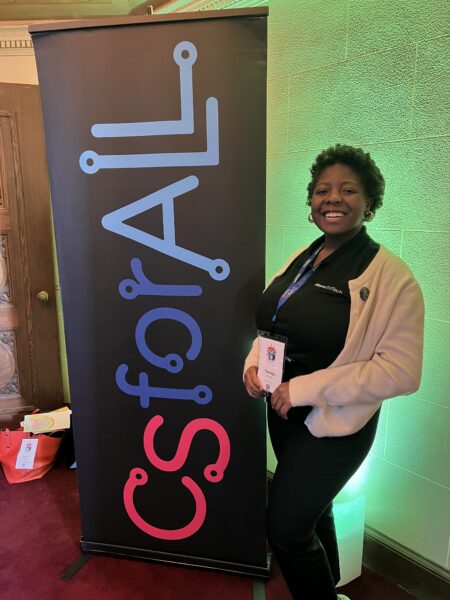
2. The importance of stakeholder collaborations
Collaboration between schools, nonprofits, government agencies, and the tech industry was a hot topic at the summit! Our breakout sessions highlighted these partnerships which are essential for providing students with real-world exposure, resources, and mentorship. Bringing together various stakeholders can lead to more comprehensive and impactful computer science education initiatives!
3. Professional development for educators
Quality computer science education is closely tied to the professional development of educators. We focused on strategies to support teachers in developing their computer science knowledge and skills, ensuring they can effectively teach this subject to students. This includes ongoing training and support systems including non-profits and the necessary funding required to continue their efforts! I’m so proud to be a part of Miami EdTech and the efforts we are making to equip our teachers to have CS in the classrooms!
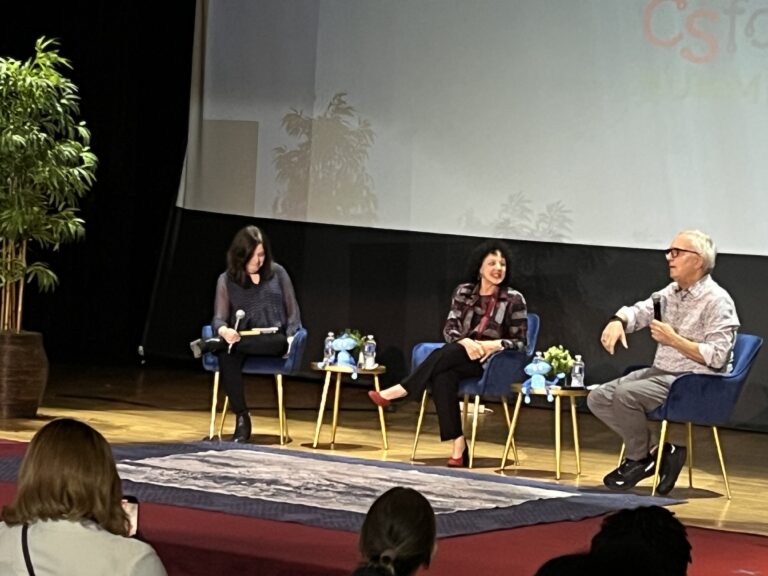
Mitch and Freada Kapor on closing the equity gap
4. Closing the Equity Gap
One of the fireside chats that stuck out to me was the conversation with the founders of the Kapor Center, Mitch and Freada Kapor, who spoke on the importance of closing the equity gap by demolishing the idea of getting an opportunity because of the connections you have to someone in that company, whether it’s the founder, recruiter etc. The reason why it was so important is because a lot of high paying job opportunities or funding opportunities are unfairly distributed because it’s all about who you know, but what about a student who works even harder and has more than the necessary qualifications but doesn’t even get past screening simply because of their area code or that they don’t know anyone in the company. They spoke about how multiple funding opportunities have been given to people that otherwise wouldn’t have been given a chance by erasing that culture in their company. I believe if this is applied, especially in the emerging tech industry that is currently biased by gender, race and the like, we would have the diversity and equal opportunity we so desire and strive for.
The summit was such a pivotal event for the future of computer science education. It reaffirmed the importance of equity, access, and innovation in preparing students and adults alike for the digital age. With the collective efforts of educators, policymakers, industry leaders, and innovators, we have a great weight on our shoulders to make great strides in computer science education but it’s a team effort! It requires everyone’s participation and effort. I’m excited to see what will come out of the summit and the decisions each stakeholder will make to see this dream come to life, easy access to Computer Science education, digital navigation regardless of zip code or status!


